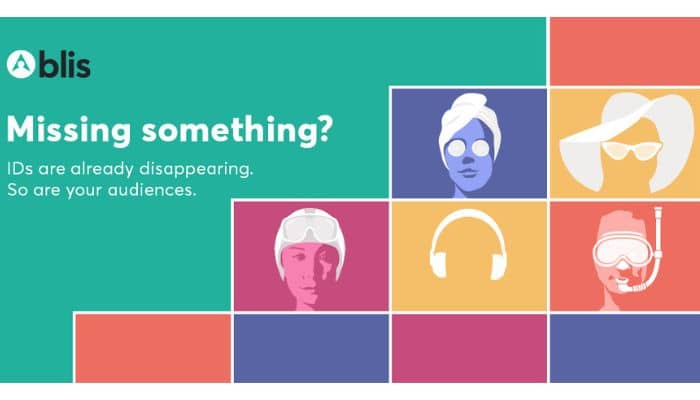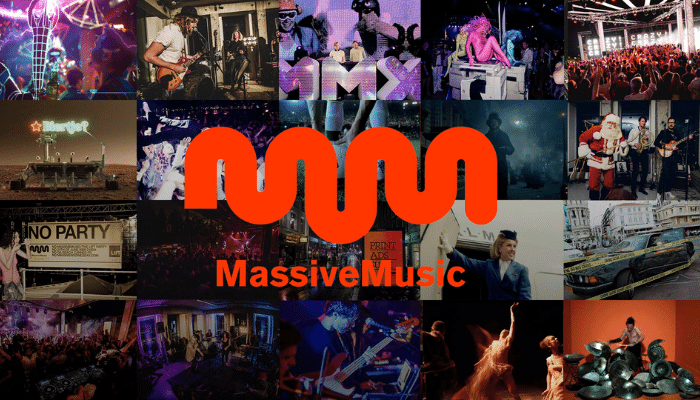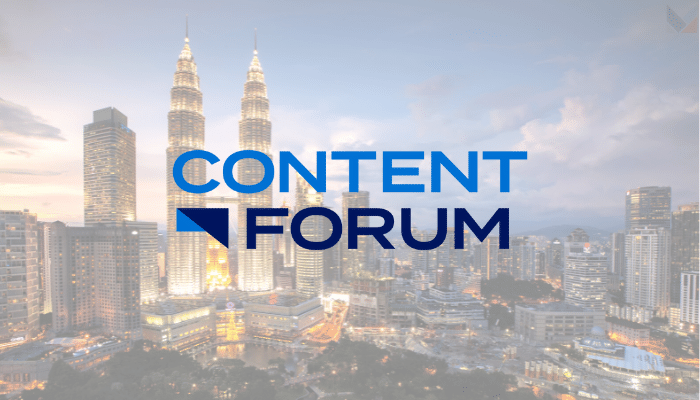Kuala Lumpur, Malaysia – Independent self-regulatory organisation Content Forum has announced its successful registration of the revamped Content Code 2022, which aims to foster a robust content landscape in Malaysia where freedom of expression and responsibility can seamlessly coexist.
First established in 2004, the Content Code is a set of guidelines outlining best practices and ethical standards for the creation and curation of content, drawn up by the Communications and Multimedia Content Forum, which falls under the auspices of the Malaysian Communications and Multimedia Commission (MCMC).
Last year, Content Forum embarked on a mission to revamp the entire Content Code to ensure it remains aligned with global best practices for the benefit of both the local content industry and all Malaysians. This initiative included a massive nationwide Public Consultation Exercise that took place from September through to December 2021, where everyone was given the opportunity to contribute to this revamped version of the Content Code.
Mediha Mahmood, executive director of Content Forum, said, “We are very happy with the fact that this Content Code is a result from the contribution of everyone, and not just our members or industry players. These days, everyone is a content consumer as well as a content creator, so it makes absolute sense for everyone to be involved in the revamping of the Content Code. It enabled us to address various policy gaps, some of which may not have occurred to us if not for the excellent feedback we received. At the Content Forum, we continue to believe that policy-making in the content industry benefits greatly from consultation and contribution from all members of society.”
According to Mahmood, feedback from members of the public helped the Content Forum to identify several concerns that have been growing recently. This includes the need to improve accessibility of content for Persons with Disabilities (PWD), to curtail abuse of religion in advertising and to require influencer marketing to adhere by the same standards expected from other advertisers.
The revamped Content Code 2022, which has received commendation from industry practitioners and representatives of the media and advertising industry as a whole, primarily includes a review of the best standards and practices relating to electronic content, particularly in relation to advertising, as well as broader implications for various segments of society. It identifies eight key focus areas, including: upholding rights of children in advertising, upholding rights of PWD, ensuring ethical eeporting of suicide cases, addressing abuse of aeligion in advertisements, prohibition against online abuse and gender-based violence, addressing false content and its impact on the community, ensuring influencers and online marketplaces are guided by advertising guidelines, and requiring disclosure of advertisements from influencers and paid-for space in news.
Content Forum’s Chairman, Kenny Ong said that the new updated Content Code could not have come at a better time as the growing number of content creators would benefit greatly from self-regulating their own content, using the updated Content Code as their guideline.
“Besides providing a greater, more comprehensive resource for everyone in the content ecosystem to practice self-regulation, these eight key focus areas in the Content Code 2022 are reflective of the changing and evolving times, while highlighting the crucial need to uphold the rights, security and welfare of various segments of the community and stakeholders including women, children, consumers and people with disabilities,” said Ong.
According to Ong, the content industry in Malaysia continues to evolve rapidly, from a one-way direction of information and content to what is now an exceptionally intricate web of content creators and consumers. “We are truly grateful to everyone for taking part in revamping the Content Code. This has proven that with everyone’s involvement, we can indeed produce a Content Code that balances creativity, innovation and healthy industry growth whilst aligning it with Malaysian culture, harmony and values,” he added.
Meanwhile, MCMC lauded the effort and initiative taken by the Content Forum in exercising its role as a self-regulatory organisation and industry forum designated under the Communications and Multimedia Act 1998 (CMA98)
“We recognize the Content Forum’s commitment to engage in continuous and meaningful dialogue with all relevant stakeholders – which is evident in the formation of this revised Content Code. We trust that this ensures the Content Code remains not only relevant, but also progressive. This is also in line with the greater vision of the MCMC to establish an industry that is competitive, efficient and increasingly self-regulating to stay ahead of changing times. We hope there is greater awareness of self-regulation via the Content Code as it is also used as a reference for the interpretation of offences under Section 211 and Section 233 of the CMA98,” said MCMC.
While the role of content continues to expand, the need for self-regulation, transparency and accountability in content creation by all parties is highly crucial to ensure that the content landscape in Malaysia is a truly dynamic, progressive and a safe one for all.












